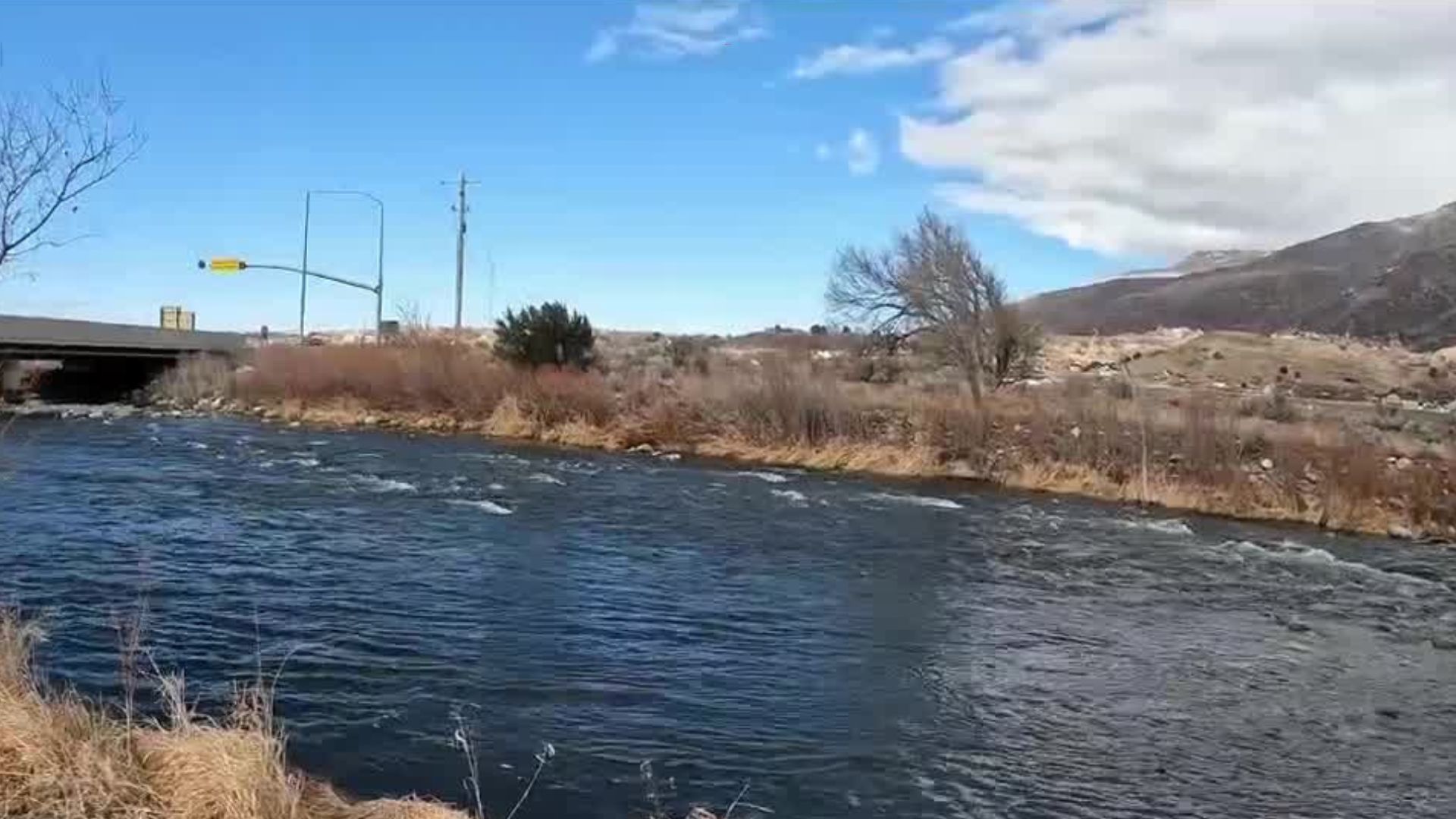OGDEN, Utah — Students at Weber State University are studying river otter populations in the Weber River. They track these animals and set up cameras to monitor them.
River otters are native to Utah but are classified as a rare species. About 10 student researchers at Weber State teamed up with the Loveland Living Planet Aquarium to study the animals. They started in October and plan to go for the next few months.
Every two weeks, a team goes out to retrieve the camera they put in the last time they were here, and they go along the Weber River looking for new spots to place the cameras. The goal is to find signs of river otters and learn more about these animals.
“To know where they are, to understand where they are in their population, how many is out there, and I’m mostly excited for the future... I’m really interested in behavior and culture,” said Rossetta Chen, the student lead organizer of the Weber River otter survey project. "Every animal will have their own, like, little culture. What is Utah river otter culture? We don’t know — I want to know!"
After that, students review all the pictures and videos captured to see if they can find signs of river otters. They also utilize the opportunity to study the other life forms caught on camera to understand the ecosystem.
Students walk along the river, or in it, to find the best spots to hopefully see river otters. They look for spots where beavers might be close by and make dams, because river otters tend to be closer to those spots.
“We look for these types of signs because from all the research that we know, you’re more likely to find river otters if there’s beaver signs because they use their den,” added Chen.
When they install a camera, they make notes about the exact location and also set up lures to attract the otters. River otters are a good indicator of the health of an ecosystem, so their presence or absence can help inform people about what needs to be done.
“Figure out where they are, so people can do research and make the conservation laws,” said Chen.




